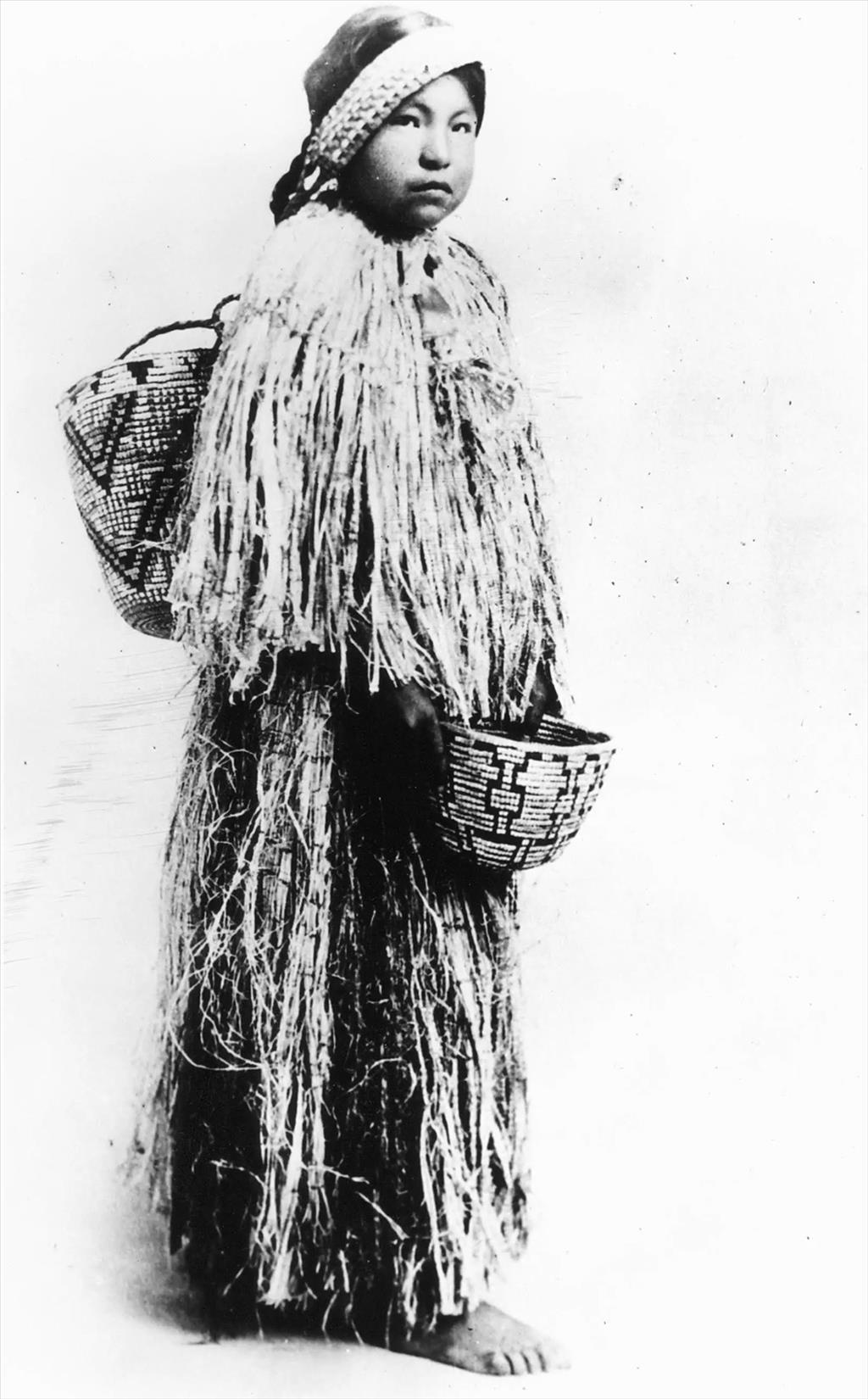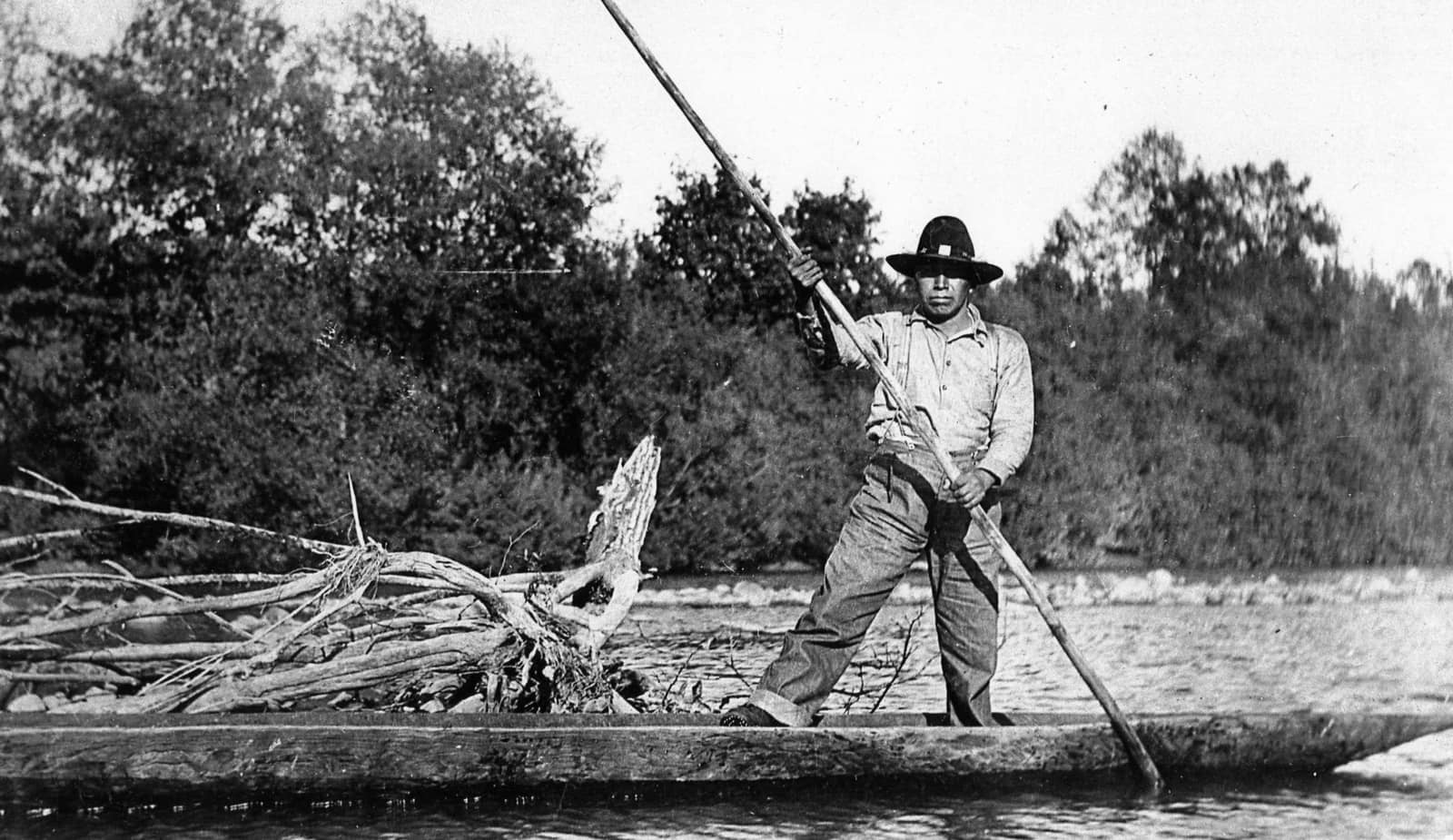
The Enduring Heartbeat: Who are the Muckleshoot Tribe?
In the verdant embrace of the Pacific Northwest, where the Green and White Rivers converge before emptying into Puget Sound, lies the ancestral homeland of the Muckleshoot Indian Tribe. More than just a name associated with a bustling casino in Auburn, Washington, the Muckleshoot are a sovereign nation with a rich, complex history, a vibrant culture, and an unwavering commitment to their traditions and the land that sustains them. Their story is one of profound resilience, adaptation, and an enduring connection to a heritage that predates the very notion of America.
To truly understand the Muckleshoot, one must look beyond modern-day enterprises and delve into the deep roots of their identity. They are descendants of the Duwamish and Skopamish people, Central Coast Salish speakers whose lives revolved around the abundant resources of the rivers, forests, and saltwater. For thousands of years, their ancestors thrived in this bountiful region, developing sophisticated social structures, intricate spiritual beliefs, and a profound respect for the natural world. Salmon, cedar, and the intricate web of life within their territory were not just resources; they were sacred, forming the very foundation of their existence.

A History Forged in Treaties and Resilience
The arrival of Euro-American settlers in the mid-19th century dramatically altered the Muckleshoot way of life. The infamous Treaty of Point Elliott, signed in 1855, saw tribal leaders cede vast tracts of their ancestral lands to the U.S. government. While the treaty ostensibly promised reserved rights, including the crucial right to fish, hunt, and gather on "usual and accustomed grounds and stations," the reality was far more brutal.
The Muckleshoot Reservation itself was not established by the treaty but by an executive order in 1857, and later expanded in 1874. It was a significantly smaller parcel of land than their vast traditional territory, and many tribal members who had signed the treaty were forcibly relocated to it. This period was marked by immense hardship: disease, displacement, and concerted efforts by the U.S. government to assimilate Native Americans, often through the destructive policies of boarding schools where children were forbidden to speak their language or practice their culture.
Yet, despite these devastating pressures, the Muckleshoot people held fast to their identity. Their knowledge of the land, their oral traditions, and their spiritual practices became vital threads weaving through generations, ensuring cultural continuity even in the face of adversity. The fight for their treaty rights, particularly regarding fishing, became a defining struggle, culminating in the landmark 1974 Boldt Decision, which reaffirmed their co-management status of the salmon resource and recognized their inherent sovereignty. This legal victory was not just about fish; it was about the recognition of their distinct political status and their enduring connection to their ancestral lifeways.
The Sacred Threads of Culture: Salmon, Cedar, and Lushootseed
At the heart of Muckleshoot identity lies a profound reverence for the natural world. The salmon, in particular, is more than just food; it is a sacred relative, a spiritual guide, and the lifeblood of their culture. Traditional ceremonies, such as the First Salmon Ceremony, continue to honor this vital resource, acknowledging its sacrifice and ensuring its continued return. "For us, the salmon isn’t just a fish," explains a tribal elder, a sentiment echoed by many. "It is our first food, our teacher, our past, present, and future."
Similarly, the cedar tree holds immense cultural significance. Known as the "tree of life," cedar provided the materials for their magnificent longhouses, their intricate canoes that traversed the waterways, their basketry, and their clothing. The Muckleshoot continue to practice traditional arts, weaving cedar bark baskets and carving intricate designs that tell stories of their heritage.
Language, too, is a powerful marker of identity. The Muckleshoot speak Lushootseed, a Coast Salish language that was once widely spoken throughout the Puget Sound region. Decades of assimilation policies nearly silenced the language, but the Muckleshoot Tribe has invested significantly in revitalization efforts. Programs teach Lushootseed to new generations, recognizing that language is a direct link to their ancestors, their worldview, and their unique understanding of the world. These efforts are not merely academic; they are a profound act of self-determination and cultural reclamation.

Economic Sovereignty: From Hardship to Diversification
For much of the 20th century, the Muckleshoot faced significant economic challenges. Their traditional economy, based on fishing, hunting, and gathering, was severely constrained by land loss and discriminatory practices. Many tribal members lived in poverty, relying on meager federal assistance. However, the Muckleshoot Tribe, like many other Native American nations, strategically leveraged their inherent sovereignty to build a new economic future.
The turning point came with the advent of tribal gaming. In 1995, the Muckleshoot Indian Tribe opened the Muckleshoot Casino in Auburn, Washington. This enterprise, initially a modest bingo hall, has grown into one of the largest and most successful casinos in the Pacific Northwest. The revenue generated by the casino has been transformative, allowing the tribe to invest in its community in unprecedented ways.
Crucially, the Muckleshoot have diversified their economic portfolio beyond gaming. They own and operate various enterprises, including hotels, restaurants, and other businesses, creating jobs not only for tribal members but also for the surrounding non-Native communities. This economic independence has allowed the Muckleshoot to build and manage their own infrastructure, including a state-of-the-art tribal government center, health clinics, educational facilities, and housing developments. "Economic self-sufficiency is a cornerstone of true sovereignty," stated a tribal spokesperson. "It allows us to determine our own future, to provide for our people, and to protect our culture without external pressures."
Guardians of the Land and Water
The Muckleshoot Tribe views itself as the inherent guardian of its ancestral lands and waters. This deep-seated stewardship is not just an environmental policy; it is a spiritual obligation. With their treaty-reserved fishing rights reaffirmed, the Muckleshoot are active co-managers of the salmon fisheries, working tirelessly to protect and restore habitat for these critical species. They operate hatcheries, engage in habitat restoration projects along the rivers, and advocate fiercely against pollution and development that threaten the delicate ecological balance.
Their environmental efforts extend beyond salmon. The Muckleshoot are vocal proponents of sustainable resource management, understanding that the health of the land directly impacts the health of their people. They are at the forefront of efforts to address climate change impacts in their region, recognizing the long-term threats to their traditional lifeways. Their commitment to environmental justice is a testament to their enduring belief that humans are part of, not separate from, the natural world.
Looking to the Future with a Resilient Spirit
Today, the Muckleshoot Indian Tribe is a vibrant, self-governing nation. They administer a wide range of governmental services for their members, including healthcare, education, social services, and law enforcement. The tribal council, elected by the community, makes decisions that prioritize the well-being and cultural continuity of the Muckleshoot people.
Their story is a powerful testament to the resilience of Native American cultures in the face of immense pressure. From forced assimilation to economic hardship, the Muckleshoot have consistently demonstrated an extraordinary ability to adapt, innovate, and thrive while remaining deeply connected to their ancestral roots. They are a living bridge between a profound past and a dynamic future.
The Muckleshoot Tribe serves as a vital reminder that Indigenous nations are not relics of history but dynamic, living entities with unique contributions to make to the broader society. Their ongoing efforts to revitalize their language, protect their environment, and assert their sovereignty offer powerful lessons in self-determination, cultural preservation, and the enduring strength of the human spirit. As the rivers continue to flow through their ancestral lands, so too does the enduring heartbeat of the Muckleshoot people, strong and unwavering, charting their own course into the future.


